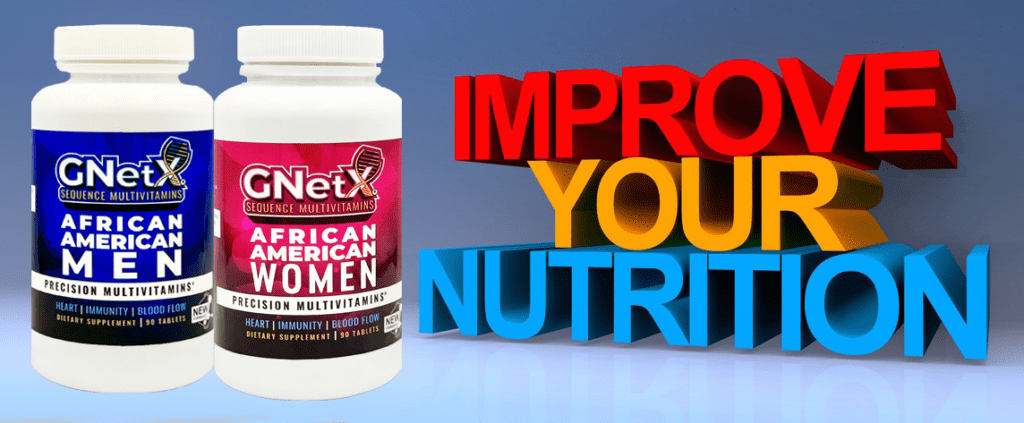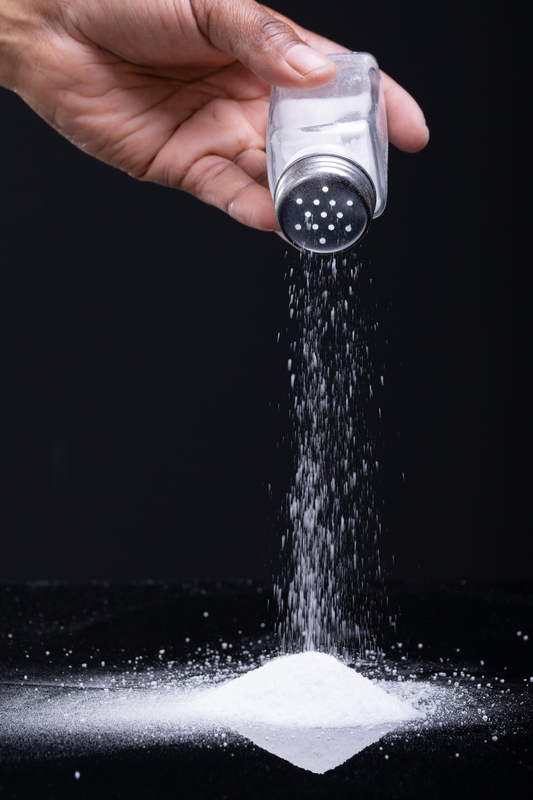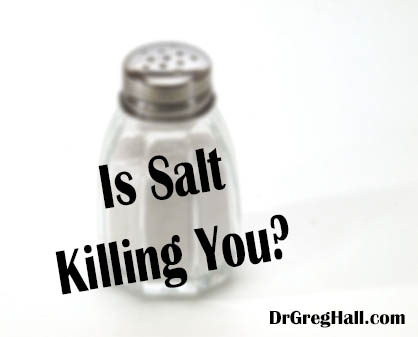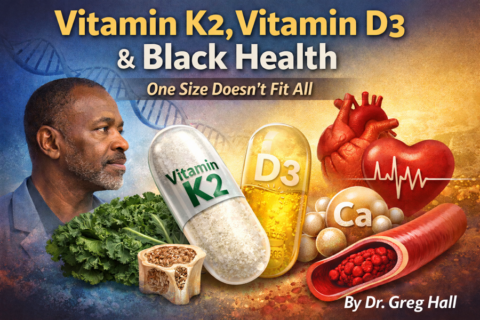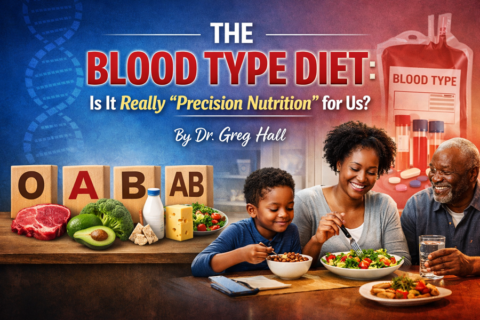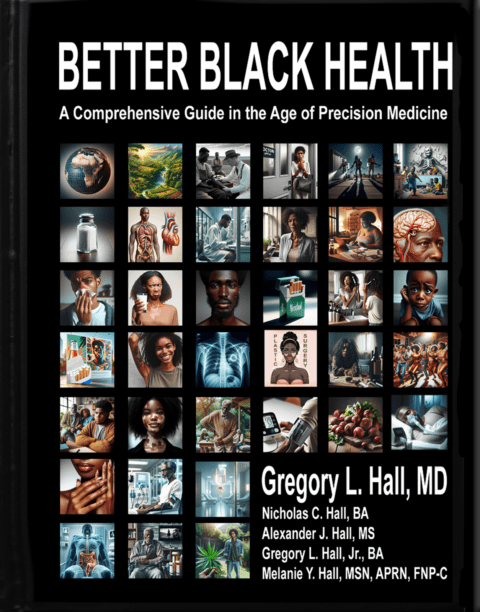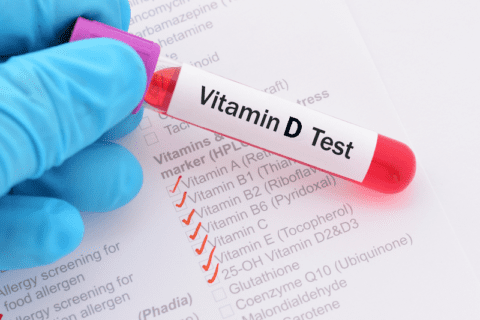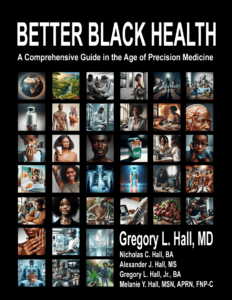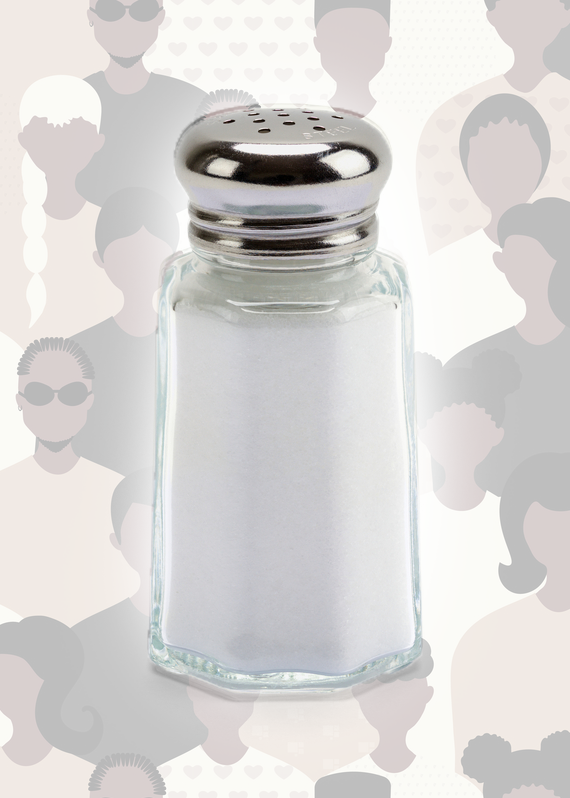
The biggest dietary message that I give to my patients is to decrease their consumption of salt in their diet in order to lower their blood pressure and, therefore, lower their chances of suffering a heart attack, stroke, kidney failure, or congestive heart failure as a result. Lowering your salt may be one of the easiest ways to avoid blood pressure medicine, but it is in no way easy to do. Salt is almost everywhere in our diet.
Most of my patients understand that table salt should be avoided, but some are unclear about where salt may be in other common ingredients they use to cook.
Where’s the Salt?
People may be surprised to find salt in baking soda and baking powder. While salt is not in the name anywhere, both have an extremely high salt content. Just taste them.
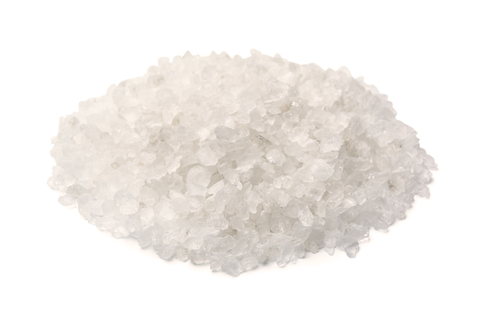
I see many of my patients getting their salt from snack foods, such as potato chips, pretzels, cheese puffs, and popcorn among others. There are some people who drink so-called “sports drinks” that boast about electrolytes, and they contain a considerable amount of salt, and we should avoid these like the plague.
“Not Yum Yum Sauce Too?”
Many sauces and spreads like mayonnaise, soy sauce and Yum Yum sauce have a lot of salt. If you compared fresh vegetables to processed vegetables, there’s a significant difference in the salt content. One of the ways they can preserve vegetables just before they’re frozen is to add salt.
Adding salt is also a process that preserves frozen chicken and fish. Just take a look at the label.
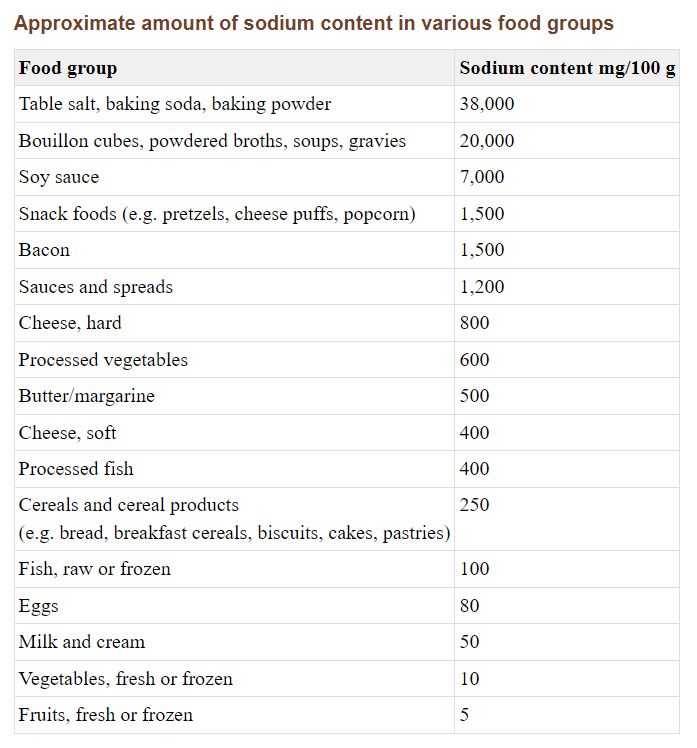
So the next time you ask your doctor how can you avoid starting blood pressure medicine or how can you stop your ankles from swelling, take a closer look at the foods you are eating and compare them to the table above. You can make a huge impact on your blood pressure and blood pressure control by just decreasing your salt. You don’t have to eliminate salt, just cut back AND know where the salt is.
The Food Doesn’t Have to Be Bland
Fortunately, there are plenty of alternatives to salt that can be used to add flavor to meals. For example, herbs and spices like garlic, ginger, turmeric, and cumin can enhance the taste of dishes without adding sodium. Additionally, using vinegar, lemon juice, or citrus zest can provide a tangy flavor to food, while using low-sodium or salt-free seasoning blends can be a great way to add depth to recipes without the harmful effects of excessive salt consumption.
As I described in the article HERE, African Americans have genes that protected us from dehydration and allowed us to survive in a region that was substantially deficient in salt. Once you understand why we are the way we are, you can start impacting our life-span potential.

